Camping on public land in North Carolina is legal under certain conditions, but regulations vary depending on the type of public land and recent or proposed changes to state law. Here’s what you need to know:
State Parks and Reservoirs
Designated Campgrounds: North Carolina State Parks offer developed campgrounds where camping is allowed with a reservation. Fees for campsites and reservoir entrance have increased as of May 1, 2025, but most parks remain free for day use.
Dispersed Camping: Dispersed camping (camping outside of designated sites) is generally not allowed in state parks, except for specific zones like the zone camping area at Elk Knob State Park.
Reservations: Campsite reservations are required and can be made online. Walk-in camping is not permitted in most state parks.
Game Lands
Restricted Dates: On some game lands, such as Thurmond Chatham, camping is restricted to specific periods (e.g., September 1 through the last day of February, and March 31 through May 14). Outside these dates, camping is not allowed.
Purpose: Camping on game lands is typically allowed for hunters during hunting seasons. Non-hunters may be restricted or required to follow different rules.
Regulations: Camping is subject to strict rules, including prohibitions on littering, illegal drug use, and extended stays. Violations can result in citations or removal.
National Forests
Dispersed Camping: Dispersed camping is generally allowed on National Forest land in North Carolina, as long as you follow Leave No Trace principles and camp at least 200 feet from lakes and streams.
Duration: Similar to federal guidelines, camping is typically limited to 14 days within a 28-day period in any one location.
New and Proposed Laws
Unauthorized Camping Bans:
Recent and proposed legislation, such as House Bill 781 and Senate Bill 724 (the Safe Parks & Public Spaces Act), aim to prohibit unauthorized public camping or sleeping on public property, including public buildings, grounds, and rights-of-way.
Exceptions: These bans do not apply to camping for recreational purposes on property specifically designated for camping, or to sleeping in a registered, insured motor vehicle legally parked.
Local Authority: Local governments may, by majority vote, designate certain public property for camping or sleeping for up to one year, provided they establish safety, sanitation, and health service standards.
Summary Table
| Public Land Type | Camping Allowed? | Key Rules/Notes |
|---|---|---|
| State Parks | Yes (designated sites) | Reservations required; no dispersed camping |
| Game Lands | Yes (seasonal/restricted) | For hunters, certain dates only; strict regulations |
| National Forests | Yes (dispersed) | 14-day limit; 200 ft from water; Leave No Trace |
| Other Public Spaces | No (unauthorized) | New laws ban unauthorized camping/sleeping |
Key Takeaways
Camping is legal in designated areas of North Carolina State Parks and National Forests, but not in most other public spaces unless specifically authorized.
Game lands allow camping for hunters during certain seasons, with strict rules.
Unauthorized camping on public property (including parks, public buildings, and rights-of-way) is increasingly restricted by new and proposed state laws.
Always check current regulations and make reservations where required to ensure compliance.
Recent legislative changes reflect a growing trend to limit unauthorized camping in public spaces, so staying informed is essential for anyone planning to camp on public land in North Carolina.
Sources:
- https://ncleg.gov/Sessions/2025/Bills/Senate/PDF/S724v1.pdf
- https://www.billtrack50.com/billdetail/1876312
- https://www.ncparks.gov/news/press-releases/2025/04/23/nc-state-parks-campsite-and-reservoir-entrance-fees-increase-effective-may-1
- https://lrs.sog.unc.edu/billsum/h-781-2025-2026

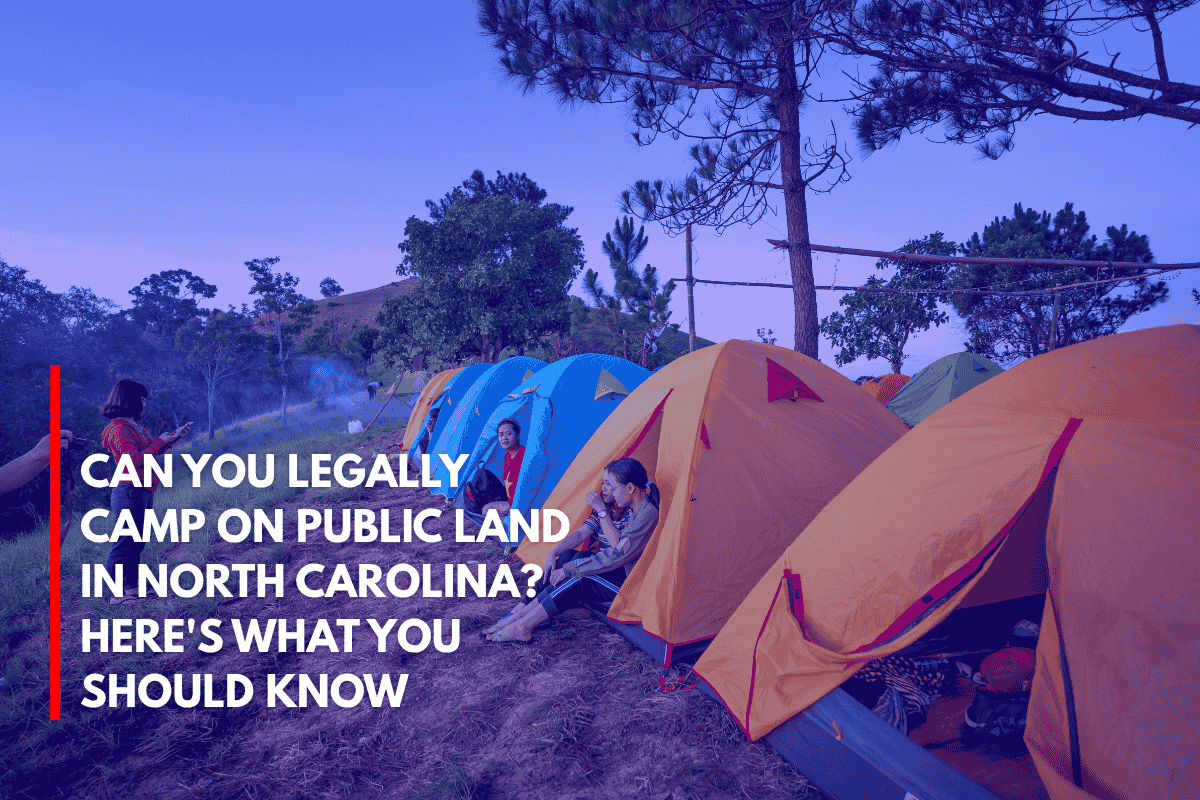
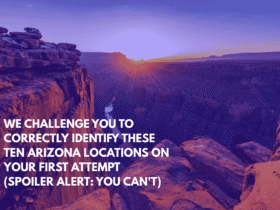


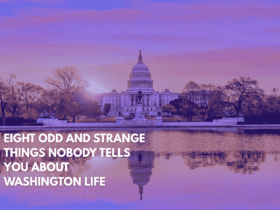
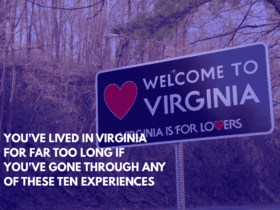
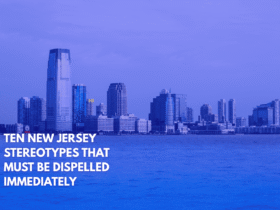
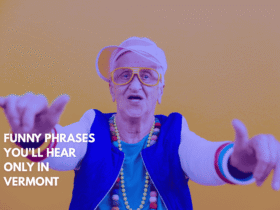
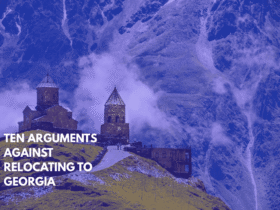
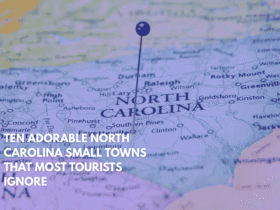
Leave a Reply